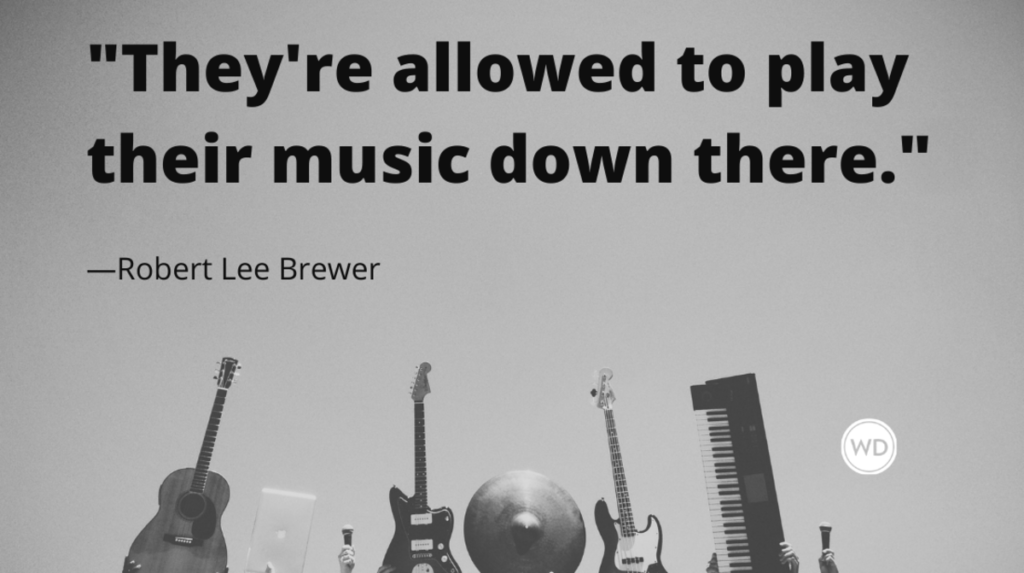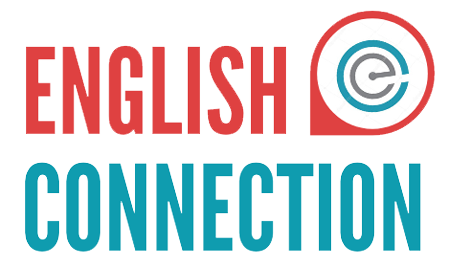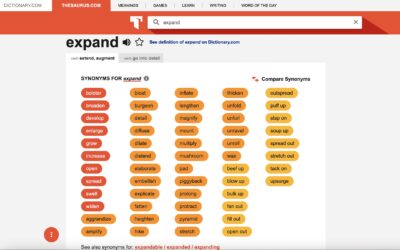
One of the hardest things to master in English is the difference among three very similar words: they’re, their, and there. Like all homophones these words have similar spellings and nearly identical pronunciations, and tend to be commonly misused, even by some native speakers!
In spite of the initial confusion though, you can recognise which one is correct from the context.
- They’re is a shortened version of two words: “they are.”
- Their is the possessive form of the third-person plural pronoun “they.” It means “belonging to them.”
- There is most commonly used to mean “at that point” or “in that place.”
The Meaning and Usage of They’re
They’re is the easiest of the three uses to master because it is simply a combination of the two words “they are.”
Tim called to say his parents were coming to dinner. They’re at the restaurant now.
Tell the kids they’re going to be in trouble if they don’t finish their homework.
Cats are fun but they’re not as affectionate as dogs.
The Meaning and Usage of Their
Their is a possessive pronoun that means “belonging to them.”
Their home team won the game easily. Their defence was just too strong.
I hope we go to that new Indian restaurant. Their curries are amazing!
The people we met on our trip were wonderful. We loved their outlook on life.
The Meaning and Usage of There
There can have two meanings.
In the first meaning, there is an adverb of place and can refer to a place that “is not here.”
We can go there to watch a movie after dinner.
Don’t stand out there in the cold, come in here and get warm.
I love the new arrangements in our living room, now we can put an extra sofa there.
We also use there to say that something exists:
There is a large oak tree outside the hotel.
In case above there can be used as a pronoun that roughly equates to “it is the case that,” a context known as the “grammatical expletive”.
Expletives introduce clauses and delay sentence subjects. Unlike nouns and verbs, which have well-defined roles in expression, expletives do not add to sense or meaning; rather, they let us shift emphasis in sentences by using “filler.” For this reason, expletives are sometimes referred to as “empty words.”
There is no question we can benefit from using good grammar.
If there is a will to succeed, there is a way to make it happen.
There is/are and it is are the two primary expletive clauses. Because the words are unnecessary, sentences are tighter without them. Including the expletive depends on whether we want to delay the subject for emphatic effect. Note the nuance and intent in the following examples.
Sentence with expletive there:
There is a toy airplane on the grass in the backyard.
Sentence without expletive:
A toy airplane is on the grass in the backyard.
What about you? Do you have a pair of confusing words that you want to clarify? Why don’t you share them with me and the English Connection community in the comments section below!
These bitesize mini-lessons are given to you complimentary when you sign up and join the English Connection community.






0 Comments